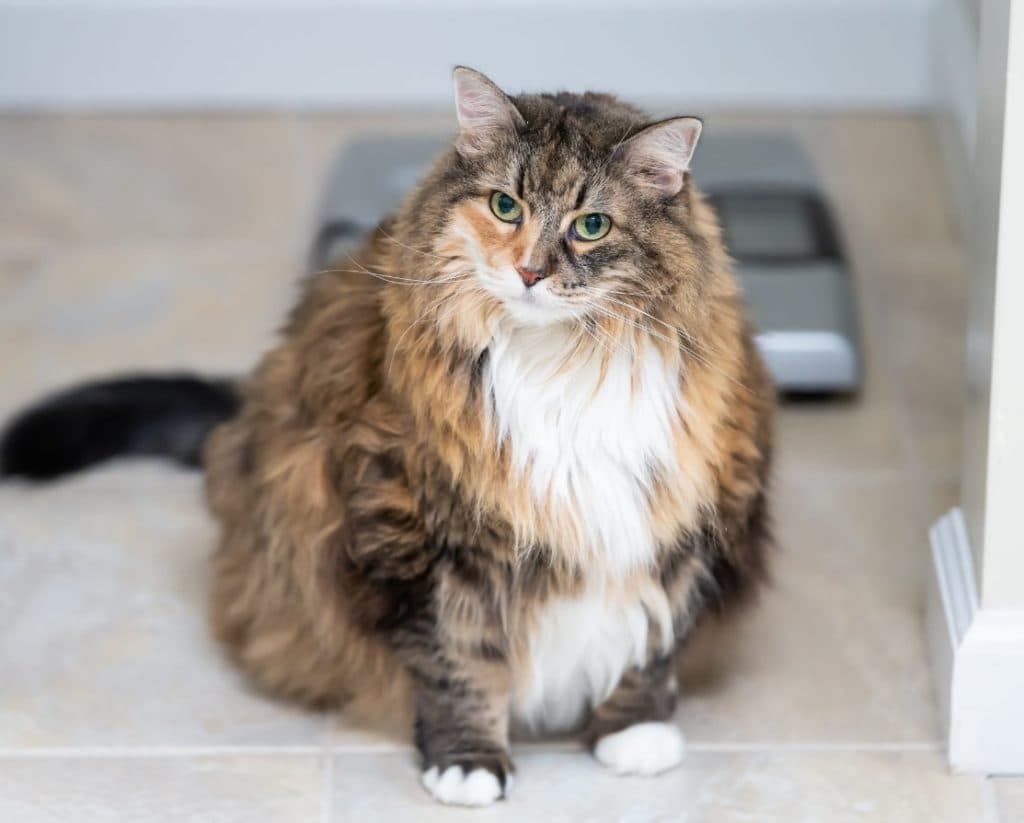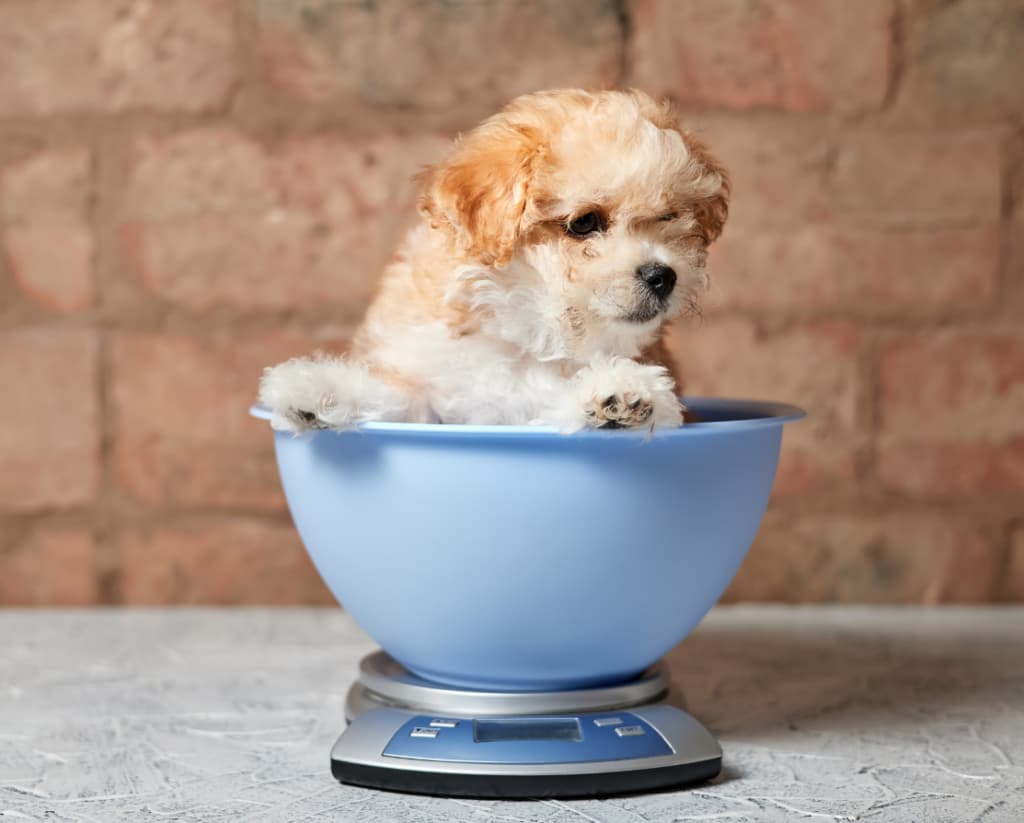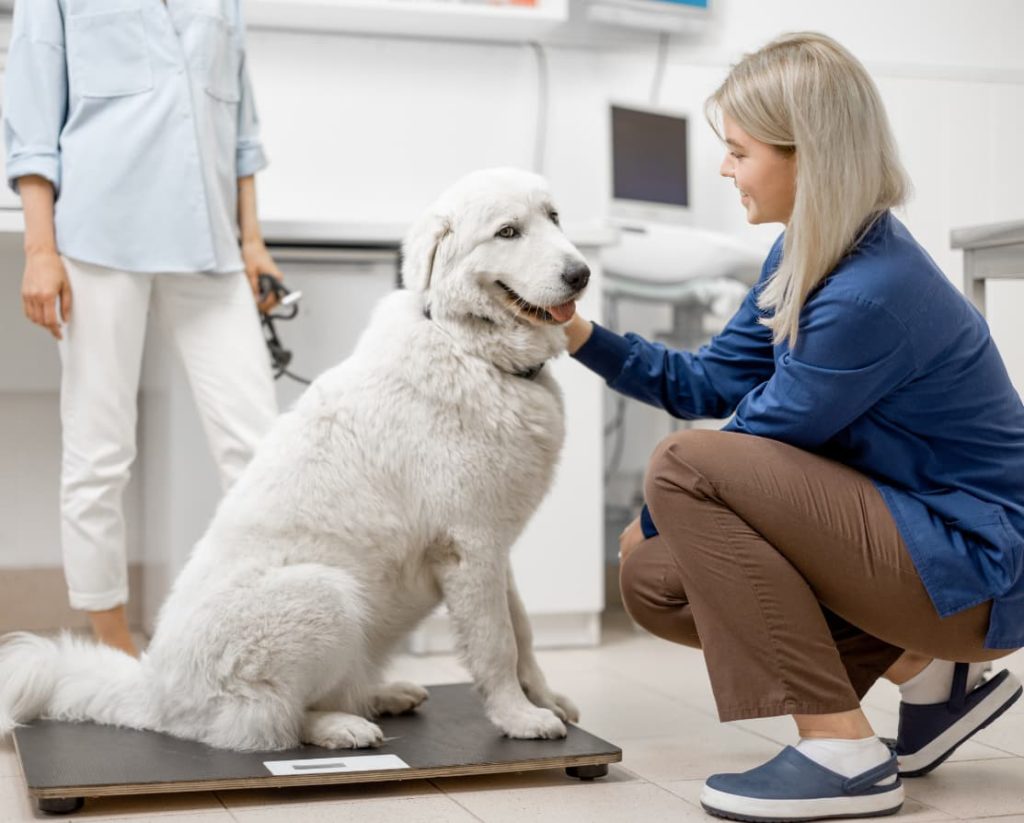
Riddle me this: It’s a widespread disease that continues to gain momentum and has become an epidemic in our society in both people and animals. It is easy to diagnose by your veterinarian yet very hard to treat. What makes it such a horrible disease is that it is the cause of so many other conditions.
If it isn’t evident from the title, I’m referring to obesity. (I was never good at keeping secrets! 🙊) Imagine for a moment that we can stop this disease in its tracks.
It’s surprising, but the concept of Pet Wellness Advocate was an idea I had almost 30 years ago when I first began my practice. Back then, I was so excited about diagnosing diseases so I could treat the animals and make them well. That was such a great feeling, but I always had this little voice inside telling me that maybe I could prevent these diseases from happening in the first place. Treating disease was the focus at the veterinary college, and that’s what we all learned. I knew I wanted a different approach. I decided to set a goal to hone my skills in preventing diseases rather than always looking at treatment. I became passionate about prevention, which has been my focus since then.
The key to preventing any diseases, especially obesity, is recognizing them early and acting before the disease gets a true hold. The problem with obesity is that it’s so gradual, and it sneaks up on you, so you don’t notice it until it’s potentially health-threatening. The critical question is, what can you do to help prevent obesity in your pet? The answer is simple. Weigh your pet regularly and keep a log of it. Although this undertaking doesn’t sound very complicated, it can be difficult creating a new habit where you’re doing regular weight checks and recording those weights. I recommend a few easy steps.

If your pet is under 15 pounds, it can be tricky, so I suggest investing in a baby scale that you would typically use for human infants. It’s an investment that will be worth every penny. Initially, you’re going to have to get your pet used to this scale. What that means is you’re going to have to put them on the scale and feed them treats. “Hey, wait a second! Didn’t he say that we’re trying to prevent obesity here?” Yes, we are. You’re not going to feed them lots of treats! You’re going to provide them with a small quantity of low-calorie treats, just enough to get them used to the scale, so they enjoy going on it. You can now weigh them every month and keep a record. If you see any trends to the upside or the downside, you can immediately tell your veterinarian. They will think you are a hero because you’ve helped them in diagnosing your cat or dog with either a weight gain problem or a weight loss problem. It’s a win-win.
What do we do about those middle-weight pets who are between 15-60 pounds? They might want to squeeze themselves on that baby scale, but a regular scale for people will do just fine. You can stand on it with your pet and then put your pet down. Weigh yourself, then subtract the difference to get your pet’s weight. You can record that weight every month or every two months and look for trends.
If you have a very large dog over 60 pounds, you have a couple of choices.

I realize that traveling to your vet clinic every month or two to weigh your dog can be a bit of a pain, but if it means saving your dog from a potentially dangerous disease, I think it’s a small price to pay. There is a huge advantage to taking your dog to a clinic regularly. The fact is, that greater than 90% of pets are afraid to go into clinics. No, that’s not because we stick needles in them. It’s because it’s a novel environment, and your pet must deal with new people, other animals they may see, and new smells. All these stimulants are very stressful for animals and make the clinic a scary place for them.
A perfect comparison in my mind is a child going back to school after being off for the summer. I know they’re excited to go back, but it’s a little bit scary for them as they don’t know what to expect when they get there. Imagine how much less intimidating a clinic setting would be for your dog if you took them there every couple of months. They get to sit on a scale while a veterinary staff member fusses over them and perhaps gives them a few yummy treats. This positive experience for them is a win-win situation where you get to trend your dog’s weight while they get used to the clinic at the same time.
Although we’re on the topic of obesity, I want to touch upon the concept of weight loss briefly. I can’t tell you how important it is when your pet becomes a senior to measure their weight regularly. There are so many diseases in dogs and cats that the only clinical sign is losing weight. Just like weight gain, you’re not going to see it because it’s gradual. Your veterinarian can diagnose diseases like hyperthyroidism in cats and chronic kidney disease in cats and dogs much earlier if you alert them to your pet’s weight loss.
Routinely weighing your pet could be one of the best ways to care for them. So that it becomes a habit and doesn’t fall by the wayside like most of our New Year’s resolutions, set a reminder on your phone or write it on your calendar for a monthly weight check. It should get easier in time if you make it a fun bonding time for you and your pet.
✅ Write down their weight in a notebook or your phone notes; any place you can record it and watch for trends in either losses or gains.
✅ Don’t wait for your annual checkup, no matter how small the change. Call your veterinarian right away so you can discuss the differences. This relatively small commitment is a huge step towards taking responsibility for the health and well-being of your pet. Check out the full podcast episode in which Dr. Mike provides detailed content about this subject by clicking here.
Dr. Mike recommends the Association for Pet Obesity Prevention website, where you can also find reliable information on this topic.
